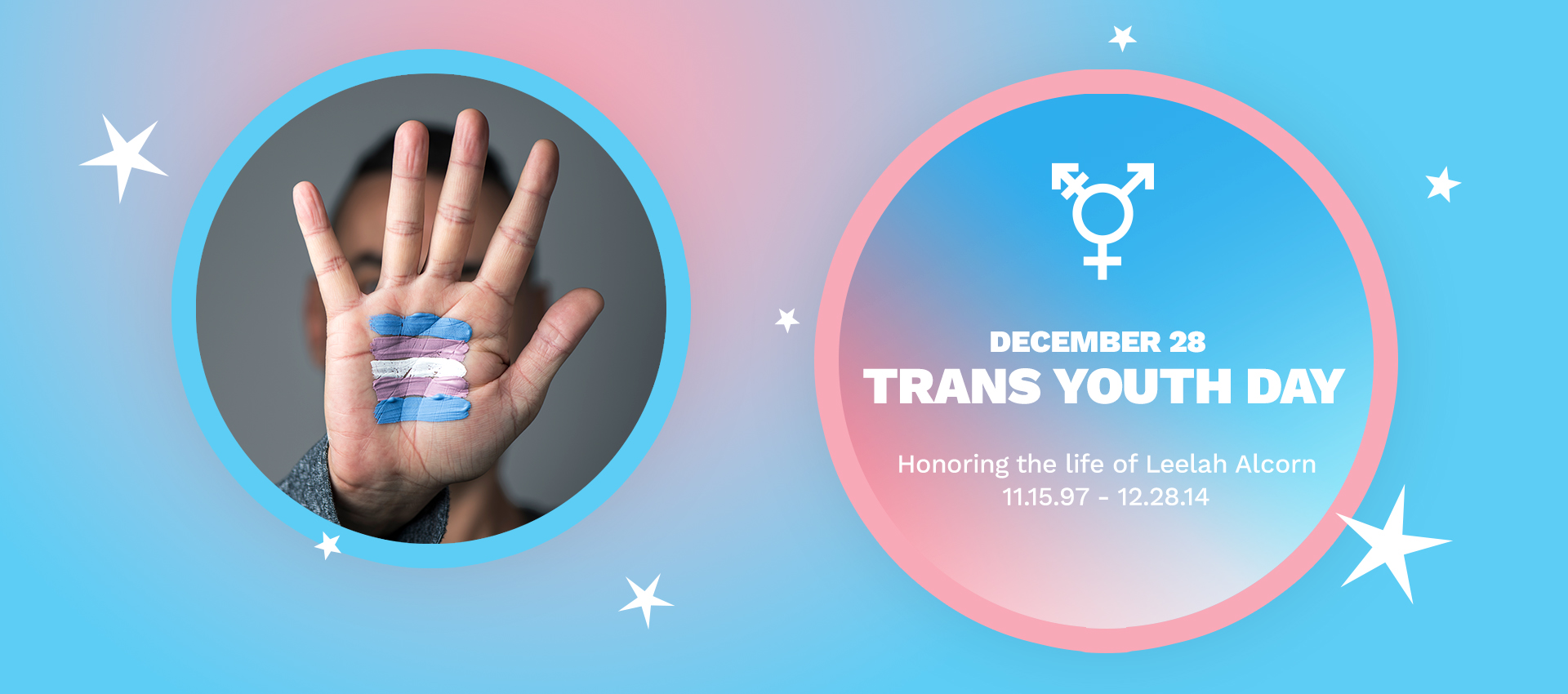Protect yourself when hooking up by following these steps and using different types of birth control.
Hooking up: We’ve all heard the term, but what does it mean? A hookup is a term used to describe a sexual experience – typically uncommitted sex – with a partner (or partners). Usually, a casual hookup applies to two partners who aren’t dating or in a serious relationship.
Hookups are often thought of as negative but there is nothing wrong with having sex. Sex is a human need, which means hooking up can actually be good for you as it can allow you to address and explore your social and sexual needs.
The No. 1 thing to remember about hookups is this: Always make sure you follow safe sex practices. That means using protection during any intercourse and making sure no physical harm comes to you or your partner(s).
How can I have safe sex?
Get consent.
The best way to make sure you’re having safe sex is to give consent and get consent. Without it, any sexual activity is sexual assault – no matter if it’s touching your partner in ways or places they don’t want to be touched or oral, vaginal or anal sex.
Remember the following about consent:
- Ask for it! You both must agree to give consent every single time for it to be consensual sex. If you’re not sure, you don’t have consent.
- Consent can change. A partner can change their mind midway through intimacy and decide they don’t want to continue. If you’ve had sex with a partner before, that doesn’t mean you have their consent to have sex again.
- Hesitation or uncertainty isn’t consent. True consent is freely given, and sex should be fun. If a partner says they want to have sex, but it seems otherwise, stop right away.
Have open conversations beforehand.
Before being with a new partner, talk about a few things first, like your boundaries. This includes what you are/aren’t comfortable doing, and if you have a history of STIs.
If you’re hooking up with more than one partner, there’s no true way to know their sexual history. Even if they tell you, they may not be aware of any STIs they may have, whether they’ve been tested before or not. This makes getting tested for STIs routinely an important step to take when planning for safe sex.
It’s also important to be open about what you’re looking to get out of the experience. Are you looking for a serious relationship or are you only interested in sex? Knowing what you and your partner want from one another will make the experience better for both of you and prevent anyone from getting hurt emotionally.
Use protection.
When hooking up, always use condoms – internal or external – to protect against pregnancy and STIs. You can also use dental dams to protect against STI’s during oral sex, but be aware dental dams don’t protect against pregnancy. These are called barrier methods.
Condoms can also be used with hormonal birth control, like the birth control pill or shot, to add extra protection against pregnancy. If you are looking for different types of birth control, talk with your healthcare provider about your options.
Plan ahead.
If you’re meeting someone you’ve never met before for a hookup, it’s important to plan ahead and take steps to protect yourself.
- Tell someone your plans.
Before meeting up with your partner, let someone you’re comfortable with know what your plans are, such as who you will be with, where you’ll be and how to get in touch with one another if needed.
- Meet in public.
Meeting someone new can be nerve-wracking at first, especially when you don’t know what each other’s expectations are. Meet in a public place for coffee or drinks to create a buffer zone where you have the chance to talk before having sex.
- Know your limits.
Knowing your limits applies to sex, but it also applies to alcohol and drug use when meeting someone for the first time. If you need to step away for a moment, take your drink with you instead of leaving it out of your sight. If you do lose sight of your drink, don’t resume drinking it, just to be safe.
- Trust your instincts.
If something doesn’t feel right, trust your instincts. Call a friend or someone you know to come pick you up. If you are at a bar or a club, let the staff know and they can help. Some restaurants and bars have menu items that can be ordered to signal you’re in danger or need help. You can figure this out by messaging your meeting location in advance to ask or doing research online.
Protect yourself by taking control today. Find a healthcare provider near you!



